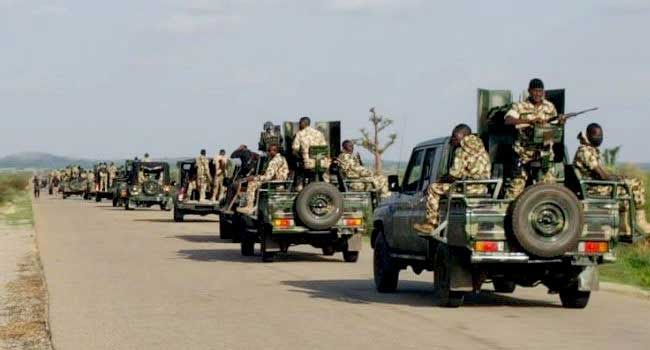The World Health Organisation (WHO) and its partners have called on policy makers to limit speeds to 30 kilometre per hour (km/h) on urban streets where road users and vehicles mix.
They noted that pedestrians, cyclists and others who were most at risk mix with motorised traffic which according to them is both risky and unhealthy.
WHO made this call in a statement posted on its website on Saturday, ahead of the 6th UN Global Road Safety Week, which will hold from May 17, to May 23.
The health agency said that, annually, no fewer than 1.3 million people die in road traffic crashes, that’s one person every 24 seconds.
“Excessive speed is at the core of the road traffic injury problem, with one in three deaths on the roads in high-income countries attributed to speed.
“It is estimated that 40 to 50 per cent of people drive above the speed limit, with every one km/h increase in speed resulting in a four to five per cent increase in fatal crashes.
“The risk of death and injury reduces considerably when speeds are lowered,” WHO said.
It noted that since early 2020, mobility had decreased due to COVID-19 lockdowns and people working from home.
“This has led to fewer road traffic crashes; however, fatality numbers have not decreased in the same proportion because people drive at higher speeds,” it said.
Dr Tedros Ghebreyesus, Director-General, WHO, said that the world needs a new vision for creating safe, healthy, green and liveable cities.
“Low-speed streets are an important part of that vision. As we recover and rebuild from COVID-19, let’s make safer roads for a safer world,” he said.
Also, Ms. Zoleka Mandela, Global Ambassador, Child Health Initiative, said, “many of us around the world are taking to the streets and demanding change.
“We want low speeds, we want liveable streets, and communities where we can walk safely, where our children can get to school unharmed.
“We call for 30 km/h speed limits. Above 30 is a death sentence,” Mandela said.
WHO said that Ms Mandela, granddaughter of former South Africa President, Nelson Mandela, lost her 13-year-old daughter, Zenani, in a road traffic crash in South Africa in 2010.
The health agency said that implementing the 30 km/h speed limits in cities worldwide was essential to achieve the target of the Decade of Action for Road Safety 2021-2030 and the Global Goals generally.
WHO recalled that the February 2020 Stockholm Declaration on Road Safety reflects the resolve of member states to address speed management as a key road safety intervention.
It said that the declaration was to strengthen law enforcement, prevent speeding and mandate a maximum road travel speed of 30 km/h as appropriate in areas where vulnerable road users and vehicles mix in a frequent and planned manner.
”The Stockholm Declaration underscores that efforts to reduce speed have a beneficial impact on air quality and climate change, as well as being vital to reduce road traffic deaths and injuries,” it said. (NAN)






